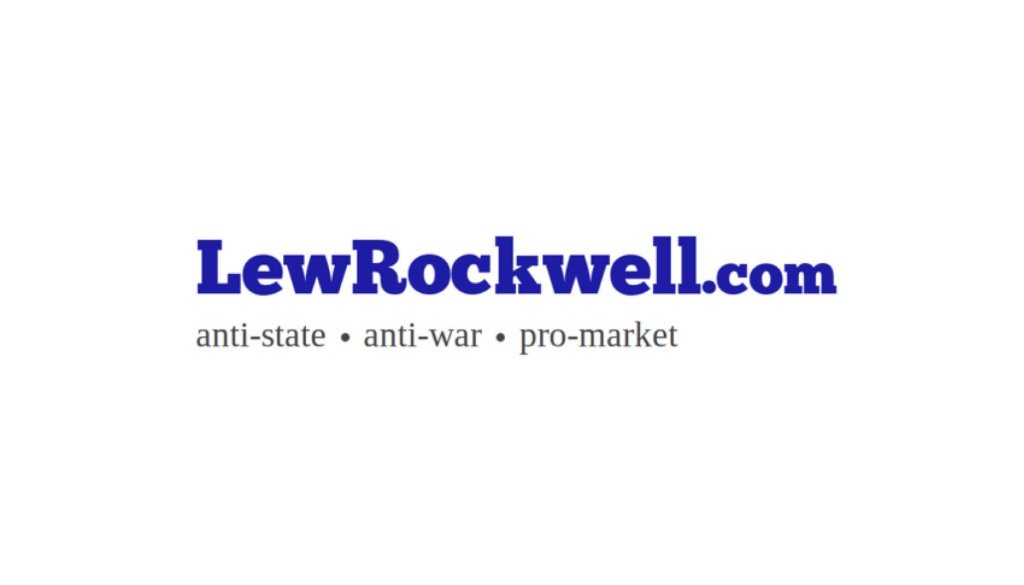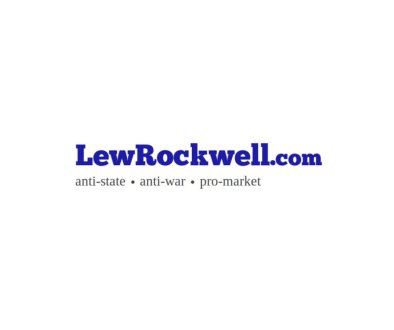Is the Trump Project Unravelling?
Confidence is everything. And that ‘capital’ is being eroded rapidly.
The Musk versus Trump fallout (at least for now) has a distinct ‘made for television’ quality to it. But do not be deceived by the entertainment content. The spat illustrates a fundamental contradiction at the heart of the MAGA coalition. It is quite possible that this contradiction will erupt at some further point and may end up triggering the slow decay of Project Trump.
A fulcral moment in the last U.S. election was the switch of Silicon Valley’s ultra-rich Tech oligarchs from their support for the Democrats to Trump. It brought both money and the potential glittering prize that America could seize a monopoly over global data storage; AI; and what Yanis Varoufakis calls ‘cloud capital’ – the purported ability to extract rent (i.e. fees) for access to America’s putative massive data hoard and to Big Tech’s associated platforms. Such a data monopoly, it was believed, would then give the U.S. the ability to manipulate how the world thinks – and to define the products and planforms seen to be ‘cool’.
The notion too was that a monopoly on data centres could potentially be as lucrative as the U.S. monopoly of the dollar used as the principal trade currency – which could provide major capital inflows to offset debt.
The explosive quality to a coalition of Tech Oligarchs with the MAGA Populists, however, is that both factions hold irreconcilable visions – both for dealing with America’s structural debt crisis, as well as that of America’s cultural future.
The ‘Tech Bros’ vision is wildly radical; it is ‘authoritarian libertarianism’. Peter Thiel, for example, argues that a small posse of Oligarchs should rule the empire, unfettered by any democratic limitation; that the future should be based in ‘disruptive technology’; be robotic and AI driven; and that the populace should be tightly ‘managed’ through AI control.
The Trump Economic Team’s vision is quite different: Trump’s own primordial objective – to which geo-politics is subordinate – is to shore up the dollar as the world’s main trading currency. This objective however can only be sustained through addressing America’s unsustainable debt overhang.
The overhang reflects the imbalance that built up after 1970 when the U.S. trade account slipped into deficit: On the one hand, the U.S. has facilitated an exaggeratedly large sphere of global dollar indebtedness to splurge worldwide; but at the same time, this massive inverted pyramid of debt rests on a diminutive and shrinking American production base.
In other words, whilst America benefited enormously from these capital inflows, it can no longer expect to grow itself out of its own, self-created debt-trap.
Team Trump proposes to address this imbalance through devaluing the dollar (perhaps by up to 30%), by corporate tax cuts (to induce a return of overseas manufacturing to the U.S.), and thus bringing about a managed shrinkage of the offshore dollar debt cloud relative to U.S. productive capacity.
To be clear, this does not solve the debt problem – It just buys time.
The Tariff ‘shock and awe’ strategy was intended to frighten the world into making unwise deals to accommodate this schema. The U.S. pressure on states for greater NATO defence spending too, similarly follows U.S. ‘bankruptcy best practice’ for the restructuring of existing creditors.
So far, this has not worked out as planned, due in major part to Chinese resistance. As a result, the U.S. bond-market (debt market) remains today on tenderhook
Article from LewRockwell

LewRockwell.com is a libertarian website that publishes articles, essays, and blog posts advocating for minimal government, free markets, and individual liberty. The site was founded by Lew Rockwell, an American libertarian political commentator, activist, and former congressional staffer. The website often features content that is critical of mainstream politics, state intervention, and foreign policy, among other topics. It is a platform frequently used to disseminate Austrian economics, a school of economic thought that is popular among some libertarians.




